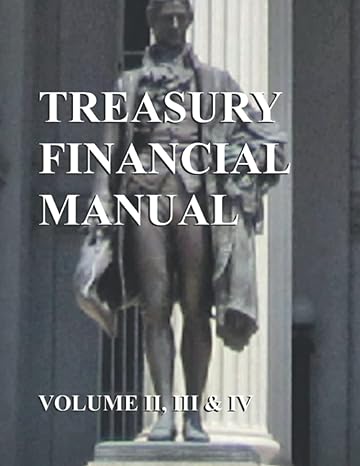Question
You are a real estate developer who owns two parcels of land that are approximately 1 acre each and are located close to each other
You are a real estate developer who owns two parcels of land that are approximately 1 acre each and are located close to each other in a developing community. Studies have revealed that both a restaurant (Franchise R) and a separate gas station (Franchise S, that includes electrical charging stations) would be beneficial to the community and should support profit making business. You are expected to own these 2 entities for 3-4 years, then you will move on to other developments.
Preliminary expected cash flows are as follows:
Year Franchise R Franchise S
0 -$2 m -$2m
1 $200,000 $1,200,000
2 $1,100,000 $1,000,000
3 $1,400,000 $400,000
Depreciation, salvage value, net working capital requirements and tax effects are already included in the above cash flows. The opportunity cost of selling the parcels is also already included in the development cost in year zero.
Both franchises have a cost of capital of 10%.
You have the option of developing both franchises since the two may be complements to each other, or perhaps you may decide to just develop one franchise. You expect low cash flows in Franchise R for the first year, until the restaurant earns a reputation that supports more cash flows in tier 2 and 3. You expect higher cash flows for years one and two for Franchise S, as it will be one of the only service stations in the area, then its cash flows will decrease due to competition.
Provide responses for the below.
- Define independent and mutually exclusive projects.
- Calculate Franchise R: NPV, IRR, P.I. and payback.
- Calculate Franchise S: NPV, IRR, P. I., and payback
- Which Franchise should be accepted if the two projects NPV are independent? Mutually exclusive?
- If the cost of capital were to change to 14%, Calculate Franchise R: NPV, IRR, P.I. and payback.
- If the cost of capital were to change to 14%, Calculate Franchise S: NPV, IRR, P. I., and payback
- Which Franchise should now be accepted if the two projects IRR are independent? Mutually exclusive?
- Would the projects IRR change if the cost of capital changed?
- Draw NPV profile graphs for the two Franchises at 10% cost of capital.
- What is the cause of ranking conflicts between NPV and IRR?
- Discuss the inherent risks involved with capital budgeting.
Step by Step Solution
There are 3 Steps involved in it
Step: 1

Get Instant Access to Expert-Tailored Solutions
See step-by-step solutions with expert insights and AI powered tools for academic success
Step: 2

Step: 3

Ace Your Homework with AI
Get the answers you need in no time with our AI-driven, step-by-step assistance
Get Started


